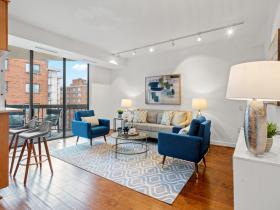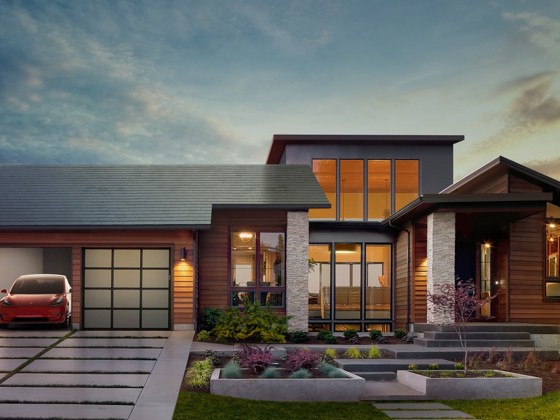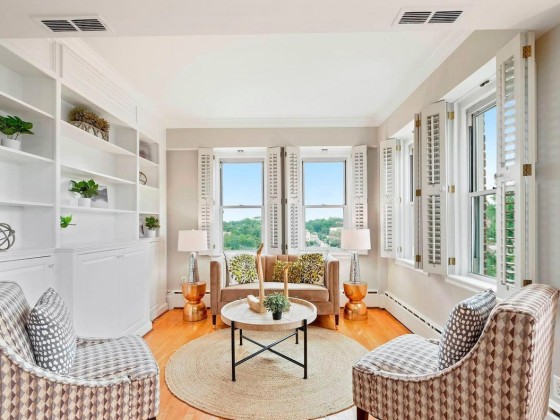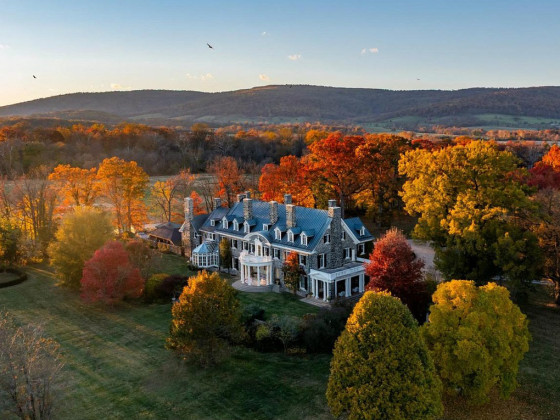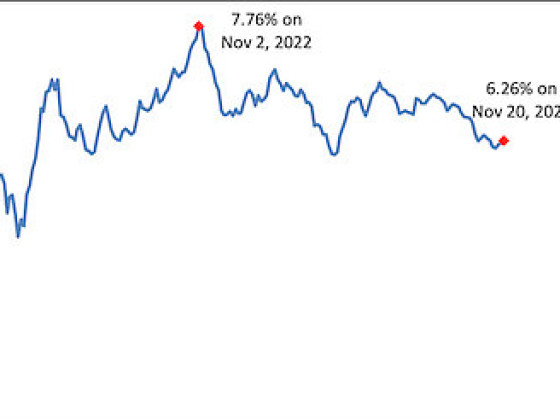 The DC Region Faces Significant Housing Shortage in Coming Decades, Study Says
The DC Region Faces Significant Housing Shortage in Coming Decades, Study Says
✉️ Want to forward this article? Click here.
Last week, a HotPads analysis concluded that the DC area needed 2,600 more apartments annually should Amazon bring its second headquarters to the region. However, a report from the National Capital Region Transportation Planning Board (TPB) states that the current residential development pipeline cannot even meet existing demand, much less accommodate an Amazon-level influx of employees.
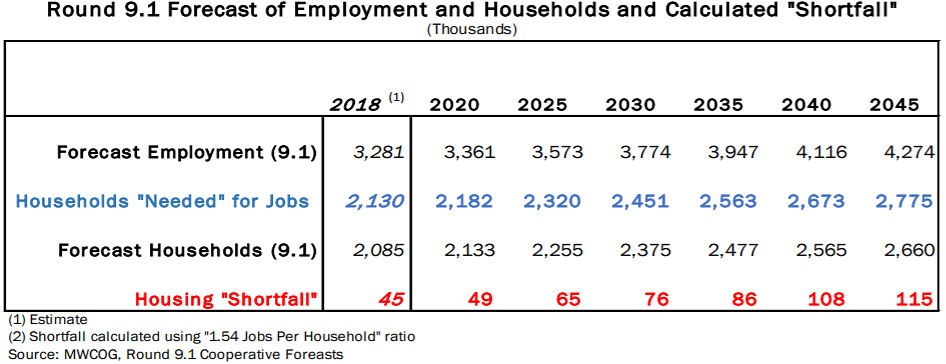
The Metropolitan Washington Council of Governments (MWCOG) recently relayed the results of the TPB study, which were presented to them in July. Using an economic metric meant to "balance" the number of jobs to the number of housing units in a given area, combined with MWCOG's regularly-released Cooperative Forecasts, the following areas of concern were found:
story continues below
loading...story continues above
- Based on the aforementioned economic metric, the region needs more than 100,000 additional households by 2045 than what is currently projected. This is because the current (2018) employment base of 3.28 million jobs is expected to grow to 4.27 million in the next 27 years — an increase of 990,000 jobs — while the number of housing units is expected to grow from approximately 2.08 million units to 2.66 million — an increase of just 575,000.
- Using the same “jobs-to-housing” ratio, the region would need to add 235,000 housing units by 2025 rather than the 170,000 currently anticipated in order to close this gap. Similarly, the region would need to add 365,000 new units by 2030 rather than the 290,000 currently projected, and 690,000 units by 2045 compared to the 575,000 currently assumed.
- To attain the short- and long-term housing needs noted above, the region would need a sustained annual housing production of at least 25,600 units per year. During 2017, more than 23,500 units were approved.
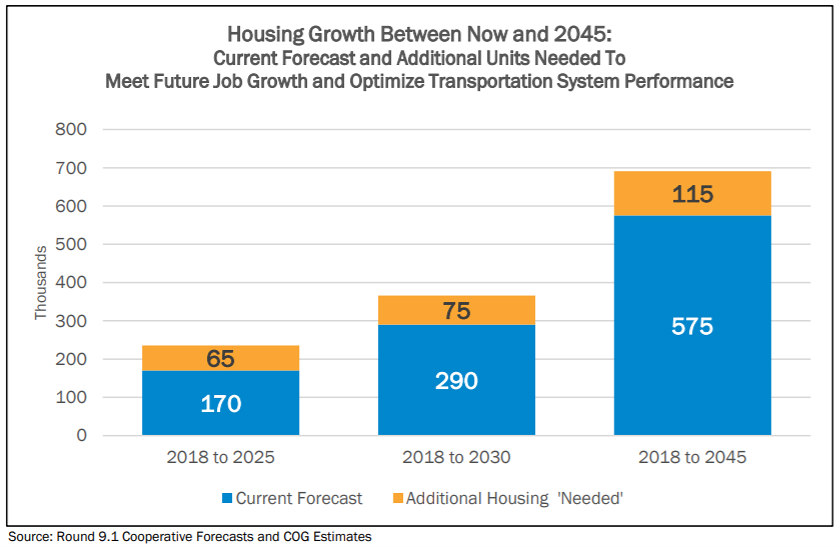
In order to tackle this anticipated shortage, regional leaders will need to cooperate with one another, particularly as it relates to planning. These collaborations should enable leaders to determine each jurisdiction's current housing stock and capacity to add at least 100,000 units, particularly in transit-oriented areas.
Regional leaders should also identify which policies and incentives should be implemented to ensure targets are reached, with planning and zoning being two areas of focus. Another recommendation is for leaders to update the regional forecasts for jobs, housing and population, using that data to determine the particular price points and housing types needed based on the types and incomes of various employment.
The COG board members signed a resolution this month in acknowledgment of the impending housing shortage and to mandate more research be done.
Thumbnail image courtesy of Ted Eytan.
See other articles related to: employment, housing demand, housing reports, housing shortage, housing supply, metropolitan washington council of governments, mwcog, national capital region transportation planning board, pipeline, tpb
This article originally published at https://dc.urbanturf.com/articles/blog/the-dc-region-faces-significant-housing-shortage/14455.
Most Popular... This Week • Last 30 Days • Ever

With frigid weather hitting the region, these tips are important for homeowners to ke... read »
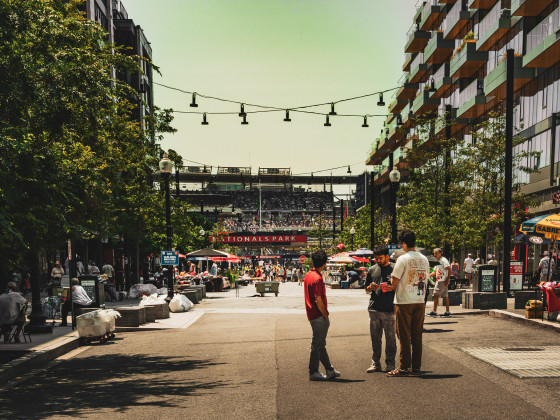
A new report from DC’s Office of Revenue Analysis highlights how millennials and wo... read »
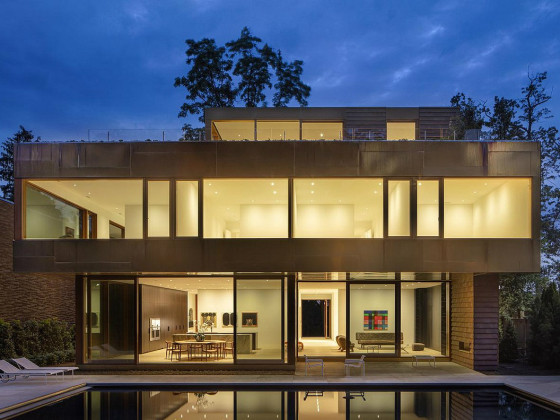
The number of neighborhoods in DC where the median home price hit or exceeded $1 mill... read »
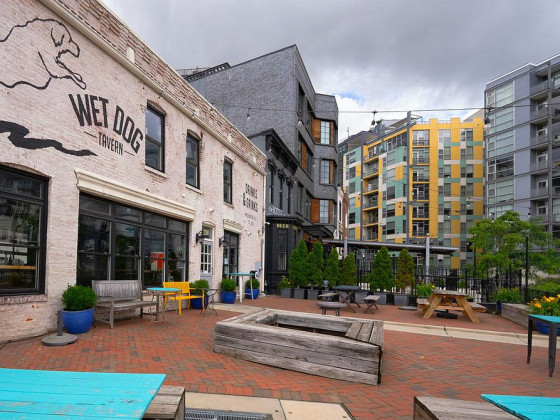
The DC-area housing market hit a sluggish patch in November, according to the latest ... read »
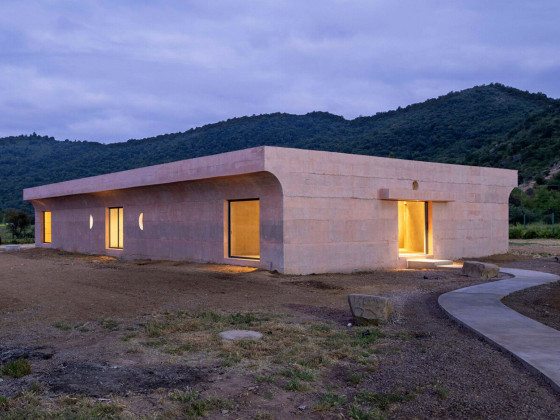
Chevy Chase apartment building sells at foreclosure auction; living in a storage unit... read »
DC Real Estate Guides
Short guides to navigating the DC-area real estate market
We've collected all our helpful guides for buying, selling and renting in and around Washington, DC in one place. Start browsing below!
First-Timer Primers
Intro guides for first-time home buyers
Unique Spaces
Awesome and unusual real estate from across the DC Metro





